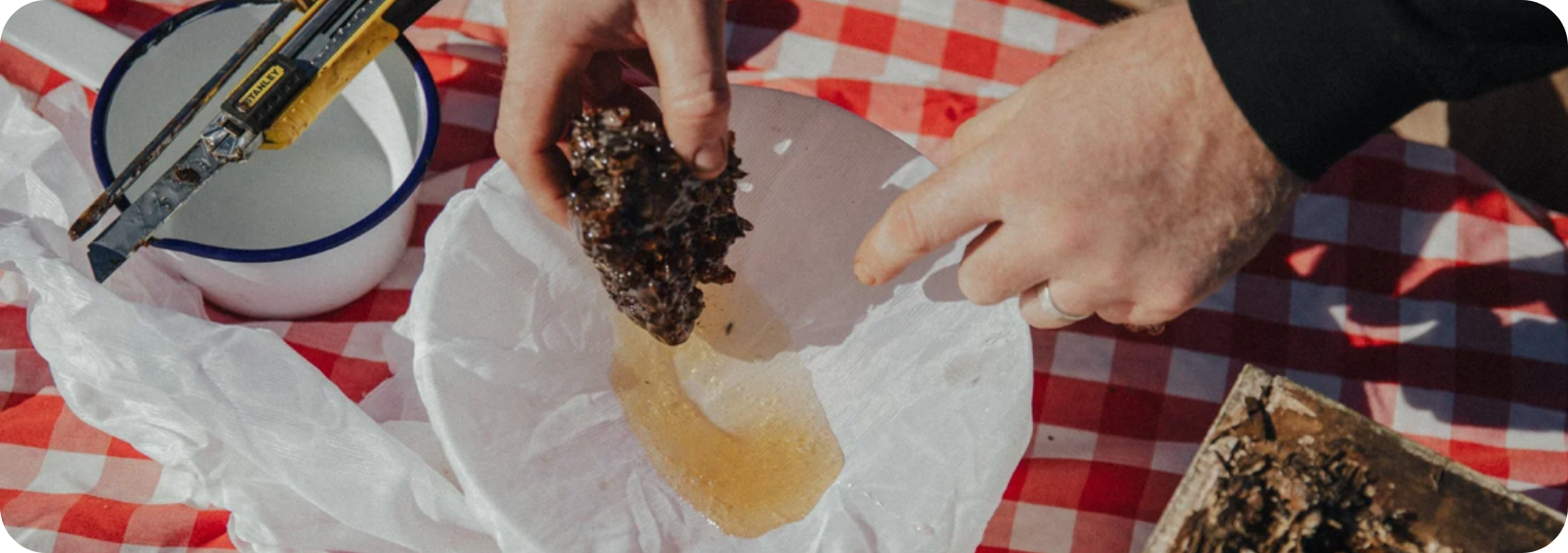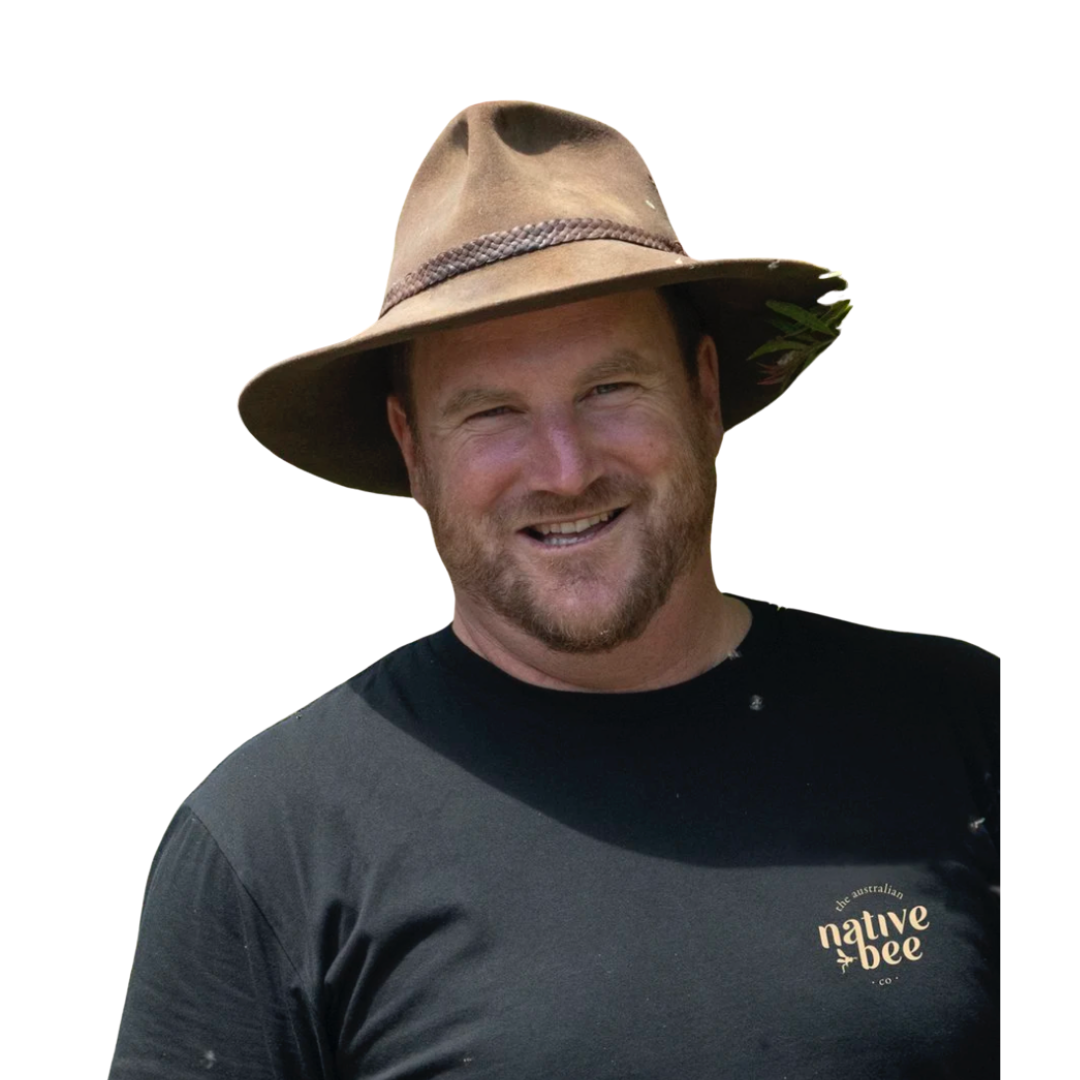Native Beekeeping
There are currently no openings available for this course.
 Join us for a hands-on introduction to native beekeeping with Australia’s gentle, stingless bee species (Tetragonula carbonaria). Learn the fundamental skills of hive setup, bee biology, honey harvesting, and habitat design. Perfect for gardeners, educators, sustainability enthusiasts, and beginners—no prior experience needed.
Join us for a hands-on introduction to native beekeeping with Australia’s gentle, stingless bee species (Tetragonula carbonaria). Learn the fundamental skills of hive setup, bee biology, honey harvesting, and habitat design. Perfect for gardeners, educators, sustainability enthusiasts, and beginners—no prior experience needed.
Once your enrolment is completed you will receive a confirmation email. This email will include your receipt and inform you of the dates, times and venue for your course. It will also let you know of anything you need to take to class with you.
Please make sure that you give us a valid email address and mobile number as any course changes will be communicated via sms or email.
Students are required to be 15 years old and above at the time of enrolment.
Click here to read our Refund Policy
We keep our class sizes small so that you get a better experience. Avoid disappointment, enrol early!
Introduction:
 Join us for a hands-on introduction to native beekeeping with Australia’s gentle, stingless bee species (Tetragonula carbonaria). Learn the fundamental skills of hive setup, bee biology, honey harvesting, and habitat design. Perfect for gardeners, educators, sustainability enthusiasts, and beginners—no prior experience needed.
Join us for a hands-on introduction to native beekeeping with Australia’s gentle, stingless bee species (Tetragonula carbonaria). Learn the fundamental skills of hive setup, bee biology, honey harvesting, and habitat design. Perfect for gardeners, educators, sustainability enthusiasts, and beginners—no prior experience needed.Key Learning Topics
- Native bee biology and behavior: identification, life cycle, pollination role
- Hive structure, siting, care, splitting, and maintenance
- Ethical methods for honey harvesting
- Supporting pollinators through habitat design and planting
- Legal, environmental, and safety considerations
- Practical hands-on experience tasting native honey
What to bring
- Your own refreshments
Important information
Once your enrolment is completed you will receive a confirmation email. This email will include your receipt and inform you of the dates, times and venue for your course. It will also let you know of anything you need to take to class with you.Please make sure that you give us a valid email address and mobile number as any course changes will be communicated via sms or email.
Students are required to be 15 years old and above at the time of enrolment.
Click here to read our Refund Policy
We keep our class sizes small so that you get a better experience. Avoid disappointment, enrol early!
Tutor Profile:

Steve Maginity
Steve is the Education Lead and co-founder of The Australian Native Bee Company, based in the Northern Rivers of NSW. He holds a Bachelor of Agricultural Science and Graduate Diploma in Education, and has over a decade of experience teaching.
After an initial attempt to bring European honey bees into his school was blocked due to allergy concerns, Steve discovered the fascinating world of native stingless bees. His enthusiasm led him to set up hives for educational purposes and eventually build a thriving native bee business, offering hive sales, pollination services, and educational outreach across the east coast of Australia.
As the owner of the Australian Native Bee Company, Steve now manages hundreds of hives—mostly Tetragonula carbonaria—that support orchid, macadamia, and other growers during flowering seasons.
He’s a passionate educator who delivers workshops, school visits, community events, and conferences statewide.

